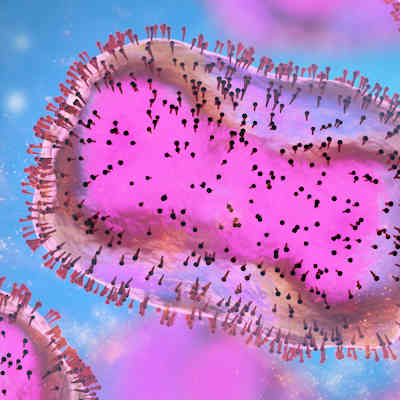 Scientists identify infectious monkeypox virus mutations
Scientists identify infectious monkeypox virus mutations
November 7, 2022 -- University of Missouri researchers have identified the specific mutations in the monkeypox virus that make it so infectious. The results could lead to modified versions of existing drugs or the development of new ones. Read More
 Scientist use roundworms to identify genes relevant to the aging process
Scientist use roundworms to identify genes relevant to the aging process
November 1, 2022 -- Researchers from North Carolina State University have developed a new method for determining which genes are relevant to the aging process. Their findings could have broader applications for research into the genetics of aging. Read More
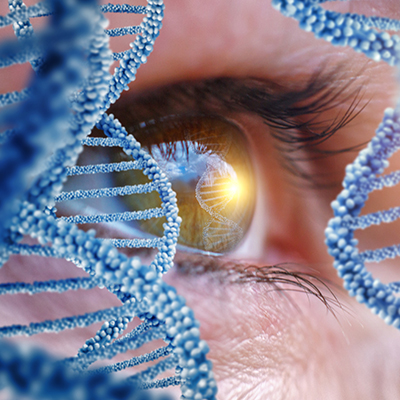 NIH scientists reveal workings of Stargardt disease
NIH scientists reveal workings of Stargardt disease
October 31, 2022 -- National Institutes of Health (NIH) scientists have a new understanding of Stargardt disease, a rare disorder that causes progressive loss of central and night vision. The discovery suggests a therapeutic pathway to treat the disease, which may help lead to gene therapy. Read More
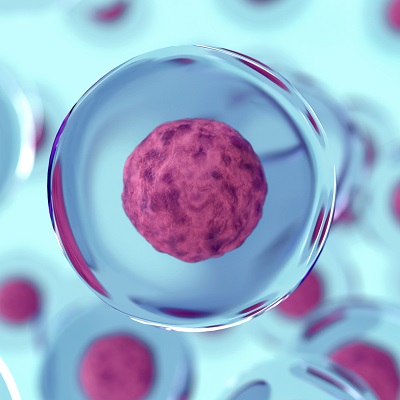 Scientists discover what causes nuclear envelope repair
Scientists discover what causes nuclear envelope repair
October 31, 2022 -- An international team of researchers has identified the precise role of key components in the nuclear envelope repair process, which could potentially lead to a better understanding of various rare genetic disorders such as laminopathies. Read More
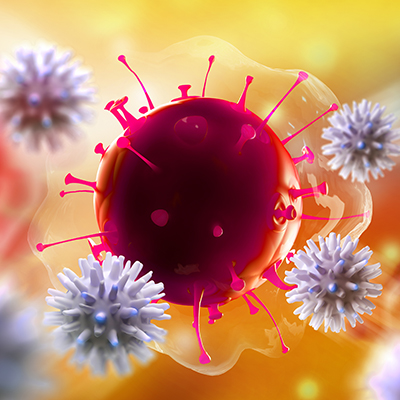 Scientists use CRISPR-Cas9 to repair white blood cell mutations
Scientists use CRISPR-Cas9 to repair white blood cell mutations
October 27, 2022 -- A gene-editing technique can repair white blood cell gene mutations and could lead to new treatments, according to University College London scientists. Read More
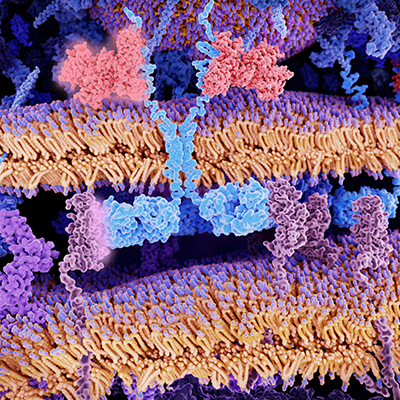 Researchers slash time needed to produce CAR T cells for cancer patients in need
Researchers slash time needed to produce CAR T cells for cancer patients in need
October 25, 2022 -- Researchers at University Hospitals Seidman Cancer Center and their collaborators have streamlined the production of CAR T cells, a mainstay of modern immunotherapy treatment for certain cancers. Read More
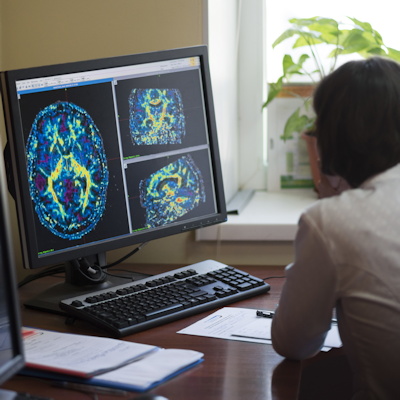 Certain gene enables glioblastoma multiforme: study
Certain gene enables glioblastoma multiforme: study
October 20, 2022 -- The gene P300 may be the one to tackle to support patients with treatment-resistant brain cancer glioblastoma multiforme, University of California, Los Angeles researchers have found. Read More
 Low phosphate levels linked with CAR T neurological toxicity
Low phosphate levels linked with CAR T neurological toxicity
October 20, 2022 -- Patients with hypophosphatemia had higher incidences and more severe neurological side effects on chimeric antigen receptor (CAR) T-cell therapy than those with normal blood phosphate levels, according to a study published October 19 in the journal Cancer Immunology Research. Read More
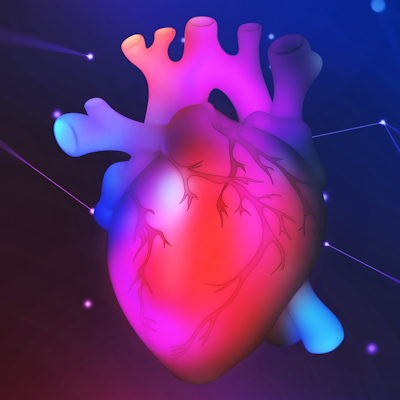 Gene mutation protects the heart, study finds
Gene mutation protects the heart, study finds
October 20, 2022 -- New research led by scientists from Germany partially explains why patients with hypertension and brachydactyly syndrome don't experience cardiac hypertrophy: a gene mutation. Read More
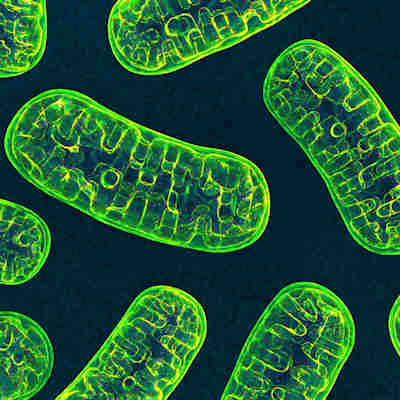 Mitochondria gene signature correlates with aggressive cancer: study
Mitochondria gene signature correlates with aggressive cancer: study
October 13, 2022 -- Wistar Institute researchers have found a specific gene signature indicative of mitochondrial reprogramming in tumors that correlates with poor patient outcomes. Read More
Conferences
Member Rewards
Earn points for contributing to market research. Redeem your points for merchandise, travel, or even to help your favorite charity.
Research Topics
Interact with an engaged, global community of your peers who come together to discuss their work and opportunities.
Connect
Tweets by @ScienceBoard



